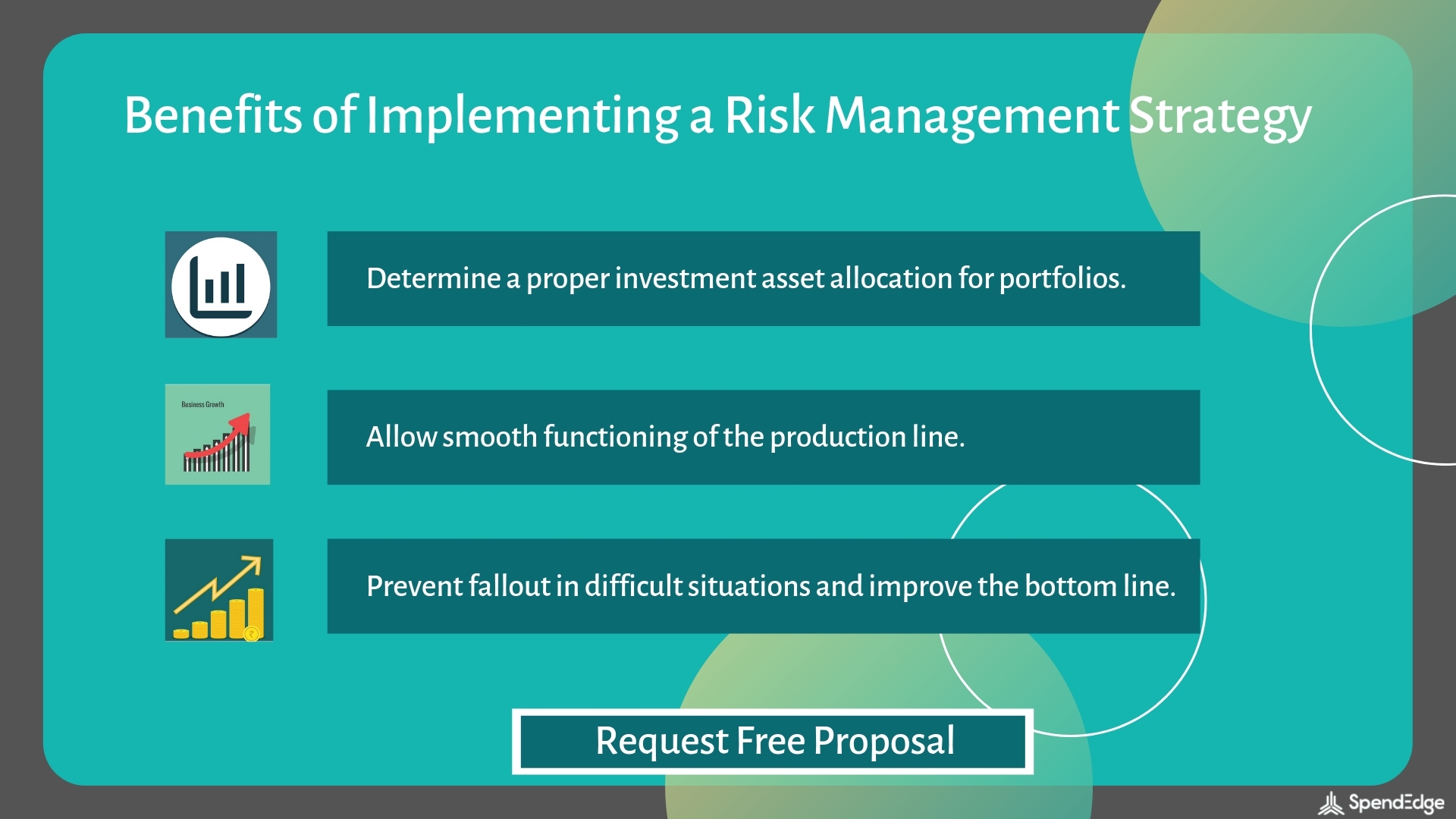The Effect of the Importance of Risk Management on Business Governance
The Effect of the Importance of Risk Management on Business Governance
Blog Article
The Significance of Understanding the Importance of Risk Management in Numerous Industries

The Core Idea of Risk Management and Its Objective
Risk Management, the keystone of numerous sectors, hinges on the identification, analysis, and mitigation of unpredictabilities in a service atmosphere. By correctly identifying potential risks, organizations can establish methods to either protect against these risks from taking place or minimize their influence. Once threats have actually been determined and reviewed, the reduction procedure entails developing techniques to lower their prospective impact.
Advantages of Carrying Out Risk Management in Business Procedures
:max_bytes(150000):strip_icc()/operational_risk.asp-Final-4be32b4ee5c74958b22dfddd7262966f.png)
Introducing the Duty of Risk Management in Different Industries
While every sector challenges its one-of-a-kind collection of threats, the application of Risk Management strategies continues to be an usual denominator in their pursuit of sustainability and development. In the health care industry, Risk Management involves guaranteeing patient safety and data defense, while in financing, it includes mitigating financial investment risks and ensuring regulatory compliance. Ultimately, the role of Risk Management throughout industries is to recognize, assess, and mitigate risks.
Real-life Study Demonstrating Effective Risk Management
To comprehend the importance of Risk Management in these numerous sectors, one can look to numerous real-life instances that show the effective application of these actions. Toyota, publish the 2011 quake in Japan, revised its supply chain Management to lessen disruption dangers. These instances demonstrate exactly how sectors, learning from dilemmas, properly applied Risk Management methods to lower future risks.
Future Patterns and Developments in Risk Management Methods
As the world proceeds to progress, so too do the trends and growths in Risk Management methods. Rapid Continued developments in technology and data analytics are improving the Risk landscape. Huge information and AI are now important in anticipating and minimizing risks. Organizations are leveraging these devices to construct anticipating designs and make data-driven choices. Cybersecurity, when a peripheral concern, has catapulted to the leading edge of Risk Management, with techniques concentrating on discovery, avoidance, and action. The integration of helpful hints ESG (Environmental, Social, Governance) factors into Risk Management is one more growing trend, reflecting the raising acknowledgment of the function that environmental and social threats play in organization sustainability. Therefore, the future of Risk Management hinges on the combination of advanced technology, innovative approaches, and an alternative approach.
Verdict
In conclusion, recognizing the significance of Risk Management across a spectrum of markets is essential for their durability and prosperity. Eventually, effective Risk Management adds to more sustainable and resilient companies, highlighting the relevance of this technique in today's vibrant and extremely affordable service setting.
While every sector faces its special collection of threats, the implementation of Risk Management methods stays a typical in their quest of sustainability and development. In the health care market, Risk Management entails ensuring person safety and security and information defense, while in finance, it includes mitigating financial investment threats and guaranteeing regulative compliance. Eventually, the function of Risk Management throughout industries is to determine, assess, and mitigate risks. These cases demonstrate how industries, finding out from crises, efficiently applied Risk Management approaches to decrease future threats.

Report this page